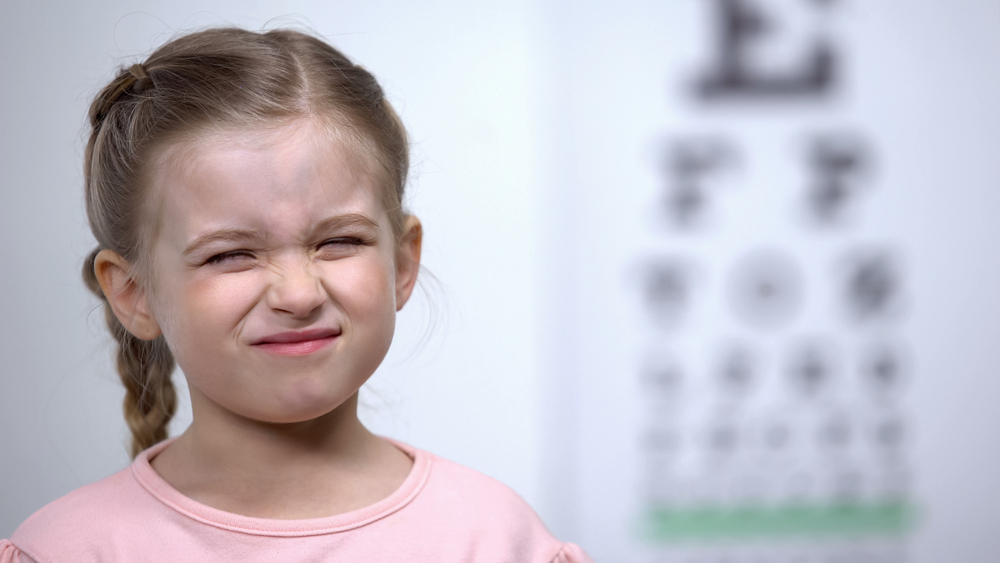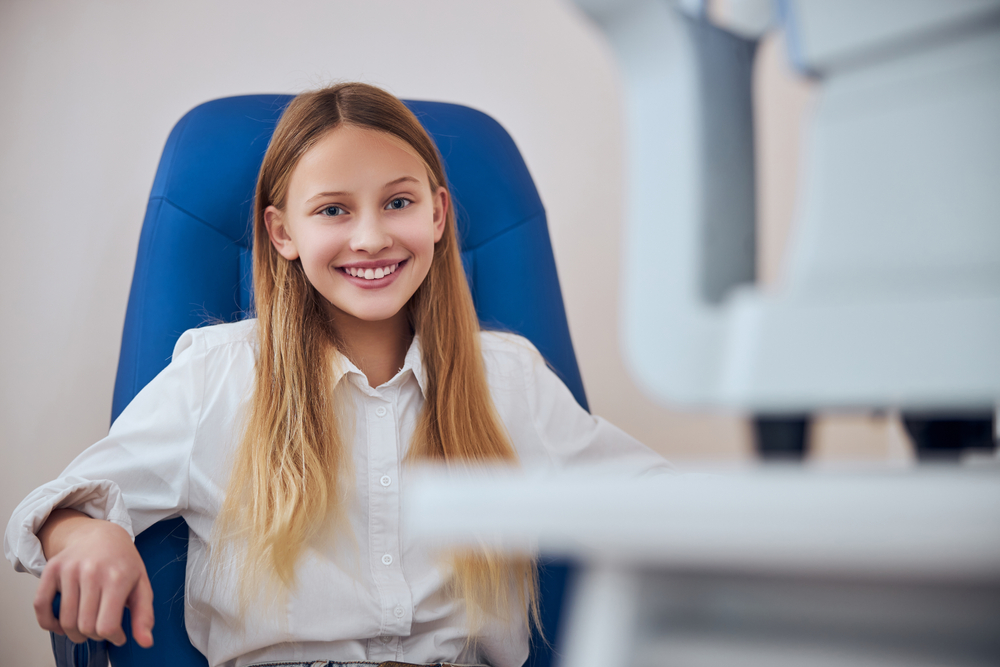Vision Rehabilitation Associates Blog
Read our blog to find out more about our services and common eye care questions.

If bright lights, screens, or certain environments trigger headaches, migraines, or visual discomfort, you are not alone. Many people experience light sensitivity without fully understanding why it happens or what solutions are available. Avulux lenses are a specialized optical option designed to help manage these symptoms by filtering specific wavelengths of light linked to discomfort.

Amblyopia, often referred to as “lazy eye,” is a childhood vision disorder that occurs when one eye doesn’t develop normal visual strength. Without treatment, amblyopia can interfere with a child’s ability to see clearly, judge distance, or focus properly. The good news is that modern vision therapy offers a safe, effective, and non-invasive way to treat amblyopia - helping children strengthen their weaker eye and achieve improved visual coordination.

Healthy vision plays a crucial role in a child’s learning, development, and overall quality of life. Since so much of early learning is visual, undetected vision issues can impact school performance, coordination, and confidence. Understanding the most common eye conditions in children and how they can be treated helps parents take the right steps toward protecting their child’s sight.

Learning struggles in children are often misunderstood. While labels like ADHD or dyslexia are commonly considered, the role of vision is frequently overlooked. Not just clarity of sight, but how the eyes coordinate and how the brain processes visual information. For many children, these underlying visual issues are the hidden barrier to academic success.

Many children who struggle in school are often misdiagnosed with attention or learning disorders when the real issue may lie with their vision. Poor visual skills, extending beyond just blurry eyesight, can significantly interfere with a child’s ability to focus, read, and retain information. Understanding how vision affects learning is crucial for helping children reach their full academic potential.

Living with migraines or chronic headaches can be life-disrupting. For many, bright light, screens, and certain environments can trigger symptoms or make existing pain worse. Fortunately, a non-invasive solution is helping many find real relief: Avulux® lenses.

When we think about a child’s development, we often focus on milestones like learning to walk, talk, or read. But one critical area that is often overlooked is visual development. A child’s ability to see clearly, track objects, and process visual information plays a vital role in learning and cognitive function. At Vision Rehabilitation Associates, our optometrists specialize in identifying and treating visual challenges that can hinder a child’s growth.

When a child struggles with reading or learning, vision is not always the first place parents think to look. Yet vision involves much more than just seeing clearly. It’s a dynamic process that includes how the brain interprets and responds to visual information. For children facing learning difficulties, a behavioral optometrist can play a critical role in identifying and treating visual issues that may be interfering with success in the classroom.

For many children and adults in Northbrook and the surrounding areas, reading isn’t just a skill—it’s a daily challenge. Struggling to keep words in focus, skipping lines, or feeling mentally drained after just a few pages can turn what should be an enjoyable or necessary activity into a frustrating task. Often, these difficulties are caused by underlying vision issues that affect reading efficiency.

Children rely heavily on their vision to learn and explore the world around them. However, when vision problems go unnoticed, they can significantly impact a child’s development, including their ability to succeed academically and socially. Many early signs of vision-related learning problems can be subtle, making it essential for parents and educators to stay vigilant. Recognizing these warning signs early and seeking appropriate care can make a world of difference in a child’s life.










